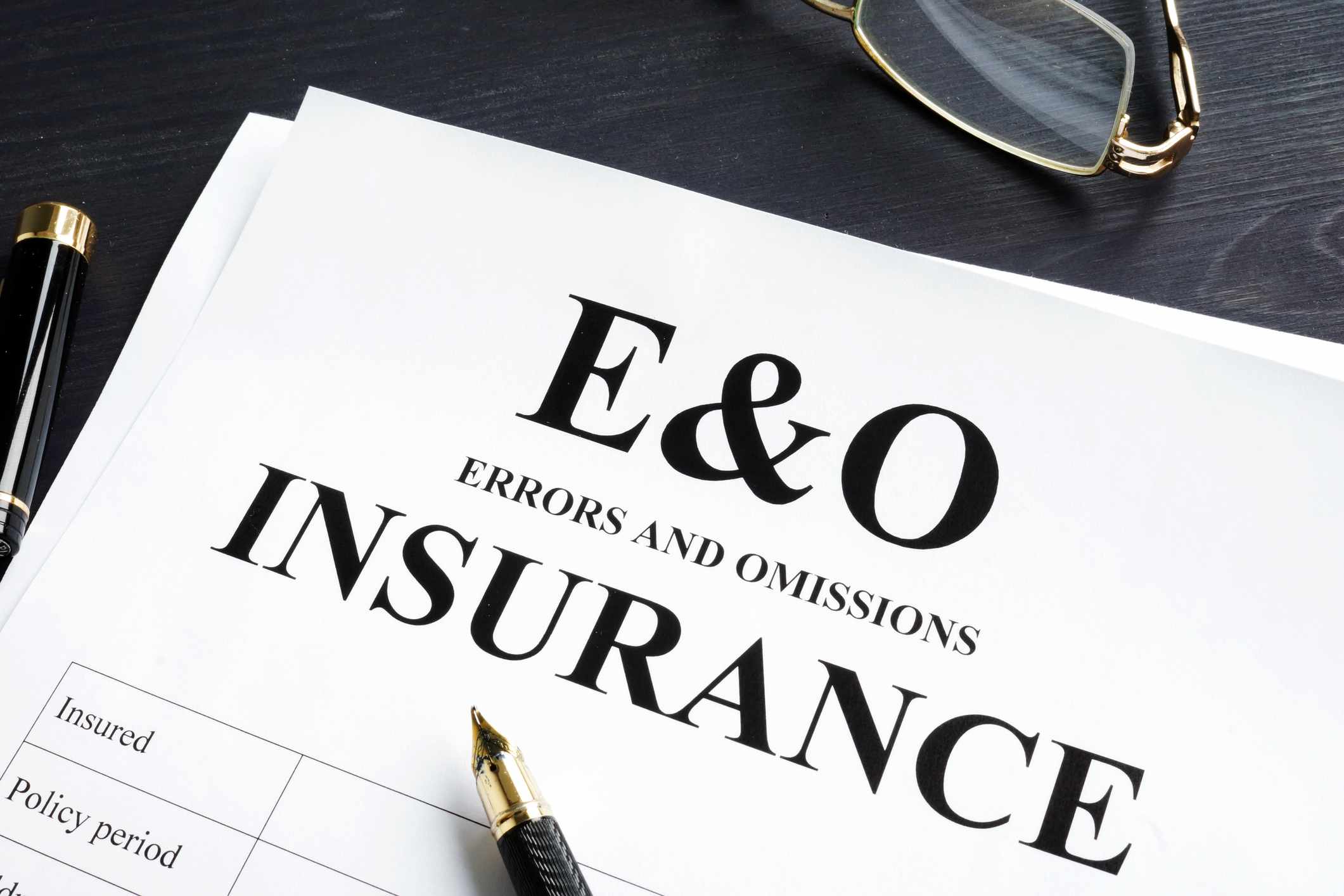

Finance
Corporate Lien Definition
Published: November 3, 2023
Learn about the corporate lien definition and its significance in the world of finance. Understand how liens impact businesses and financial transactions.
(Many of the links in this article redirect to a specific reviewed product. Your purchase of these products through affiliate links helps to generate commission for LiveWell, at no extra cost. Learn more)
Understanding Corporate Liens: A Guide for Financial Success
Welcome to the finance section of our blog! Today, we will be delving into a crucial aspect of corporate finance – understanding corporate liens. If you’ve ever wondered what a lien is in the context of corporations and how it affects financial transactions, you’ve come to the right place. In this article, we’ll explore the ins and outs of corporate liens, their definition, and their significance in shaping financial landscapes. So, let’s dive in!
Key Takeaways:
- A corporate lien is a legal claim or encumbrance placed on a company’s assets as collateral for a debt.
- Liens can be created voluntarily or involuntarily, and they play a crucial role in financial transactions, such as obtaining loans or securing business partnerships.
Now, you might be wondering, what exactly is a corporate lien? Simply put, a corporate lien is a legal claim or encumbrance placed on a corporation’s assets. It serves as collateral for a debt owed by the corporation to a creditor. This collateral ensures that in the event of default on the debt, the creditor has a legally protected right to seize and sell the corporation’s assets to satisfy the debt.
Corporate liens can arise in various ways. For instance, a lien may be voluntarily created when a corporation seeks a loan from a financial institution. In such cases, the corporation pledges certain assets as collateral, providing the lender with the security it needs to extend credit to the company. On the other hand, involuntary liens can be imposed on a corporation’s assets if it fails to meet its financial obligations, such as taxes or judgments.
The significance of corporate liens extends beyond just financial transactions. They play a crucial role in determining a corporation’s creditworthiness, which can impact its ability to secure future loans and partnerships. Additionally, having a clear understanding of corporate liens is essential for investors and shareholders, as liens can affect the value and liquidity of a corporation’s assets.
As an investor or business owner, it is essential to be aware of the potential risks and implications associated with corporate liens. Here are a few key points to consider:
- Asset Protection: Liens often provide protection to creditors by ensuring they have a legal claim on a corporation’s assets. However, for business owners, the presence of liens creates an additional layer of risk, as assets may be at stake in the event of a default on debt obligations. Conducting thorough due diligence and understanding the terms of any liens is crucial for mitigating these risks.
- Creditworthiness and Financing: The presence of liens on a corporation’s assets can impact its creditworthiness, making it more challenging to obtain financing or secure favorable loan terms. Maintaining a healthy financial position and keeping liens to a minimum are crucial for maintaining a good credit profile.
In conclusion, corporate liens serve as a vital mechanism for protecting creditors’ interests and shaping the financial landscape of corporations. Understanding the definition and implications of corporate liens is crucial for investors, businesses, and financial institutions alike. By being aware of these factors, you can navigate the intricate world of corporate finance with confidence, safeguard your assets, and make informed financial decisions.














